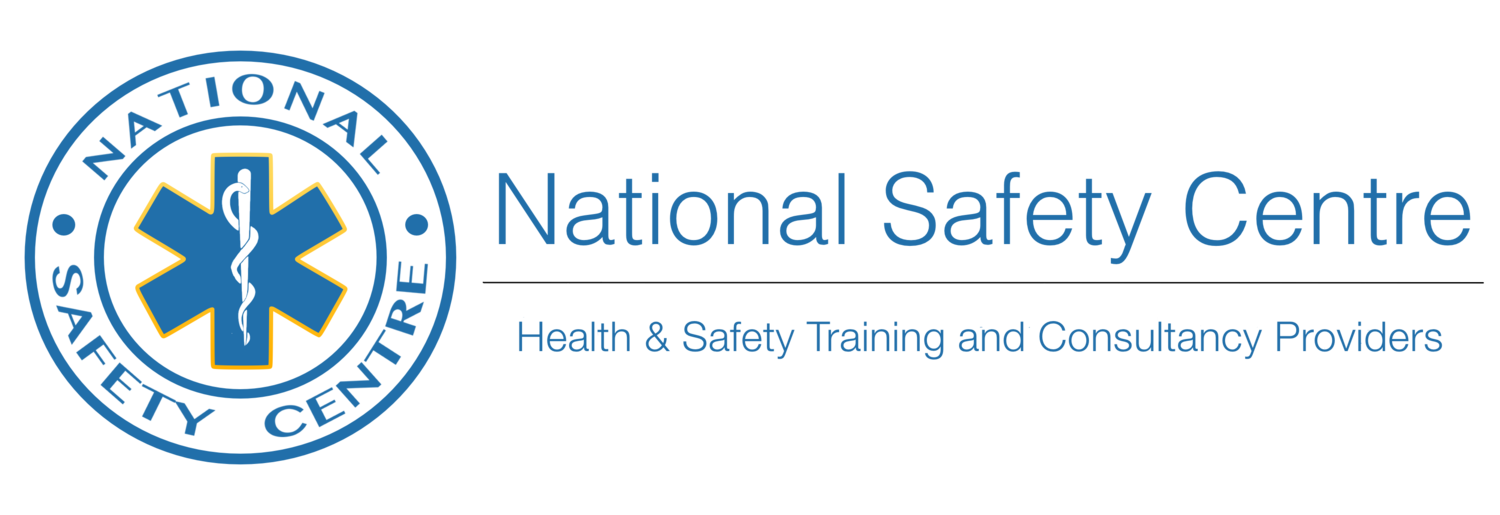Overview of Course
The Pre-Hospital Emergency Care Council (PHECC), has designed the Cardiac First Response (CFR) and Epinephrine (Adrenaline) standard to offer appropriate training to individuals and groups who wish to avail of certified training in basic life support and the administration of Epinephrine (Adrenaline) for the emergency treatment of adults and children (< 16 years old) with anaphylaxis (anaphylactic shock). This has been possible by SI No. 449 of 2015 Medicinal Products (Prescription and Control of Supply) (Amendment) (No. 2) Regulations 2015 and PHECC clinical practice guidelines (CPGs).
Participants who have completed this course will be able to
Recognise the signs of a life-threatening emergency
Respond in an effective, safe and appropriate manner to a life-threatening emergency, utilising basic life support skills
Retrieve and use, if required, an AED during a cardiac arrest
Report and record actions appropriately and handover to emergency medical services
React to a life threatening or potentially life threatening anaphylactic reaction
Who should attend?
The Cardiac First Response (Epinephrine) course is aimed at members of the public as well as workers in areas such as education, childcare, hospitality & sports etc.
The course meets all the requirements set out by the Pre-Hospital Emergency Care Council.
Duration
7 Hours
Maximum Number of Candidates
Maximum 6 learners per instructor
Course Content
Adult /Child & Infant chain of survival.
Adult /Child & Infant Cardiac Pulmonary Resuscitation (CPR)
Recovery Position
Foreign Body Airway Obstruction
Automated External Defibrillation (AED)
Heart Attack and Stroke
Aspirin Administration
skills assessments
Current PHECC CFR Community assessment sheet.
Current PHECC CFR Scenario based assessment sheets for Epinephrine
Certification
2 Year Certification of Competence, recognised by Pre-Hospital Emergency Care Council (PHECC), following successful assessments.
Retention of skills for CPR & the use of an AED are known to rapidly diminish, each student is advised that to maintain CPR/AED readiness skills it is recommended that retention CPR/AED skills training is undertaken as frequently as practicable.
Retention training may take the form of a brief practicable skills session.

